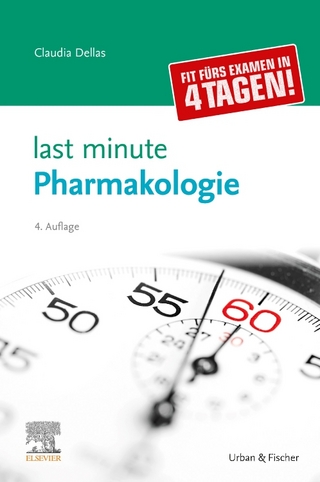
Why the Dose Matters
CRC Press (Verlag)
978-1-032-38764-2 (ISBN)
Each day we are exposed to a myriad of natural and human-made chemicals in our food, drinking water, air, soil, at home or at the workplace—pesticide residues, food additives, drugs, household products—but how can we gauge the human health risk posed by these chemicals? Should we believe the somber headlines that depict a serious threat for humans and the environment, or should we follow the reassuring voices of others who claim that the angst is totally unfounded?
Why the Dose Matters: Assessing the Health Risk of Exposure to Toxicants uses a rational, science-based approach to explain in plain language that a quantitative view is key for understanding and predicting potentially toxic effects of chemicals.
Key Features:
Explains the basics of toxicology in easily understandable terms.
Includes numerous examples.
Clears up common misconceptions and dispels myths.
Provides take-home messages for each chapter.
This book is aimed at interested laypeople. It uses numerous examples to illustrate the basic concepts and ensure that the reader will get a better understanding of why not only the hazard but also the overall exposure will determine whether some chemicals pose a serious risk while others are of little or negligible concern.
Urs A. Boelsterli, Ph.D., FAASLD, is an Emeritus Professor of Toxicology at the University of Connecticut School of Pharmacy, where he also held the first Boehringer-Ingelheim Endowed Chair in Mechanistic Toxicology. Prior to this, he was head of the Toxicology Program at the National University of Singapore and ran a research lab at Roche, Basel, Switzerland, and the ETH in Zurich. He is retired and currently lives in Switzerland with his family.
1. Introduction. Part I The Concepts: Hazard and Exposure 2. What Does "Toxic" Mean? 3. Paracelsus Reloaded—The Dose Concept. 4. Exposure—The Key Determinant in Risk Assessment. 5. Natural and Synthetic Chemicals. 6. What Our Body Does to a Chemical. 7. What a Chemical Does to Our Body. 8. Defense Shields. 9. Correlation and Causality. Part II The Chemicals 10. Pesticides—Killers with a License. 11. Toxic Food. 12. Dietary Supplements - The More The Better? 13. Significant Risks: Persistent and Widespread. 14. Drugs. Part III The Risk 15. Safety Assessment. 16. Acceptable Limits, Tolerance, and Red Lines. 17. Risk Assessment. 18. Gauging the Risk Against the Benefit. 19. Risk Communication. Part IV The Future 20. Toxicological Challenges. 21. Conclusions and Outlook.
| Erscheinungsdatum | 17.05.2023 |
|---|---|
| Zusatzinfo | 3 Tables, black and white; 24 Line drawings, color; 4 Line drawings, black and white; 1 Halftones, color; 1 Halftones, black and white; 25 Illustrations, color; 5 Illustrations, black and white |
| Verlagsort | London |
| Sprache | englisch |
| Maße | 156 x 234 mm |
| Gewicht | 467 g |
| Themenwelt | Studium ► 2. Studienabschnitt (Klinik) ► Pharmakologie / Toxikologie |
| Naturwissenschaften ► Biologie ► Biochemie | |
| Naturwissenschaften ► Chemie | |
| ISBN-10 | 1-032-38764-5 / 1032387645 |
| ISBN-13 | 978-1-032-38764-2 / 9781032387642 |
| Zustand | Neuware |
| Informationen gemäß Produktsicherheitsverordnung (GPSR) | |
| Haben Sie eine Frage zum Produkt? |
aus dem Bereich


